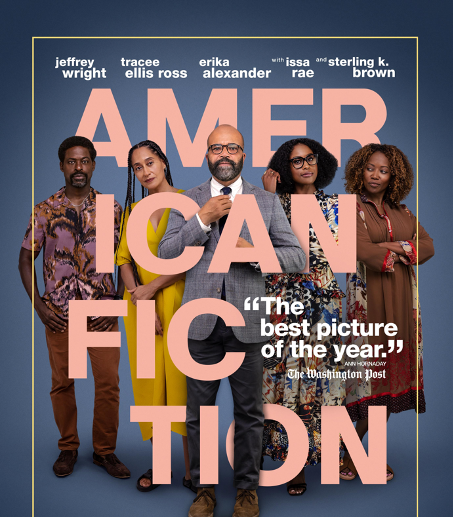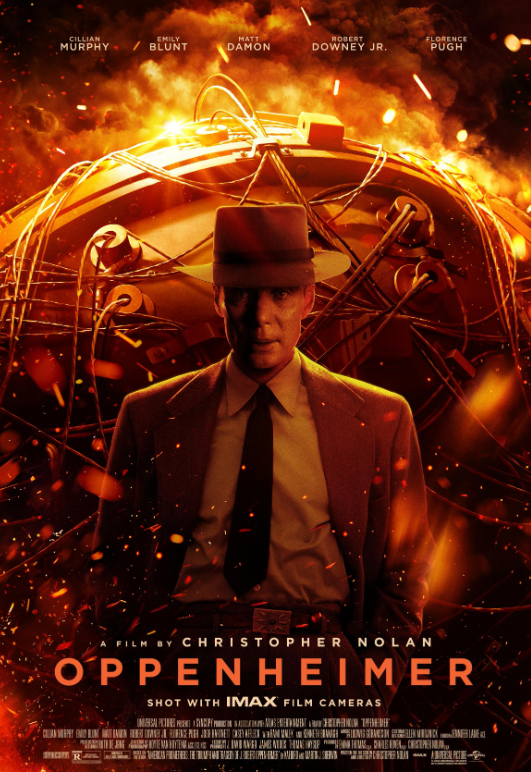
Jon Stewart, the award-winning comedian and talk show host with years of humor and satire skills under his belt, made his directorial debut this Friday with “Rosewater,” the political and melodramatic tale of Maziar Bahari.
Even with this surprise choice of genre, Stewart does a fairly good job of intriguing and entertaining the audience. Fast shots and multiple, quick cuts disorient and discombobulate the viewer during intense scenes. He also excels in accessing the mind and mood of Bahari (Gael Garcia Bernal), giving us a look at his slowly crippling mental state. The movie is a strong, poetic film that is more relevant than ever, but there are too many areas where “Rosewater” fails.
Stewart’s drama, based on the book “Then They Came For Me,” written by Maziar Bahari, follows the career and ultimate arrest of Bahari. The first act of the film establishes Bahari’s character and principles. He is a reporter for an American news magazine who, while filming a piece in Iran, inadvertently films a riot taking place at a government building. He is subsequently arrested as a western conspirator. The rest of the film focuses on his nearly four-month-long incarceration. The story is relevant and fascinating enough to keep the viewer interested but there a few complaints I have with “Rosewater.”
A seemingly multifaceted story, the movie centers all too much on Bahari. Granted, it is his story, but the movie attempts to portray a subject as broad as political revolt, while only focusing on one man. It seems almost necessary to examine other stories or ideas. Nearly the entire movie is comprised of shots of Bahari. Whether it is his job, his time in prison or his interrogation, the film seems to be just Bahari. There are many supporting characters, but none of them are ever really established or expanded on. His mother, sister, father, fellow revolutionaries and his wife all provide wonderful groundwork for subplots, but Stewart never capitalizes. It’s his lack of diversity or inclusion of extra elements that leave “Rosewater” feeling stale at points.
Even with its short runtime of 85 minutes, large chunks feel drawn out. The dialogue is decidedly split between humor and drama, leaning more toward the latter. Now, the jokes are funny; I found myself bursting out at some points. But these elements of comedy seem to detract from the more serious scenes in which the protagonist’s life is in serious danger. It’s almost distracting. I never knew if a scene would end climatically or with an innocently humorous comment. It took away suspense that could have made the plot much more captivating. Instead of keeping me on the edge of my seat, however, my ears quickly grew tired of the repetitive dialogue and stale atmosphere.
Stewart’s position and reputation as an entertainer greatly influenced some of the buzz around this film. I believe this movie would have received far less attention if Stewart’s label had not been so intentionally slapped onto the project. This film is good – it is worth seeing – but there are minor improvements that could’ve greatly improved the overall quality. I am a firm believer that the circumstances surrounding the film should not define the film. To quote “Birdman,” “A thing is a thing, not what is said of that thing.” Movies need to be viewed objectively.
Despite all of the film’s flaws, I did enjoy it. I was drawn to the pertinence of it. Iran and other countries around the world are facing political turmoil and revolutionary upheaval. Just as “Love is Strange” depicted homosexuality, a very modern topic, “Rosewater” tackles the concept of free speech and unrest in the Middle East. It focuses on the human conditions and emotionality of the situation, rather than the action and explosions that Hollywood blockbusters might resort to.
The movie is also quite poetic and visually striking. Varying mediums of film, such as cell phones and T.V. cameras, are used to showcase human atrocities in many different fashions. It blends themes such as family, determination and freedom into a heartwarming and heartbreaking story.
Stewart, a man whose career is based completely on what is going on in politics, reminds us to stay educated. The closing words of the film challenge us to be vigilant about the Middle East and to be aware of violations of human rights, not just in the Middle East but globally as well. All in all, the movie is a well-thought out and deftly crafted period piece that does its source material justice. It just might have worked better as a documentary.
Sutton Bradbury-Koster can be reached at [email protected].


















